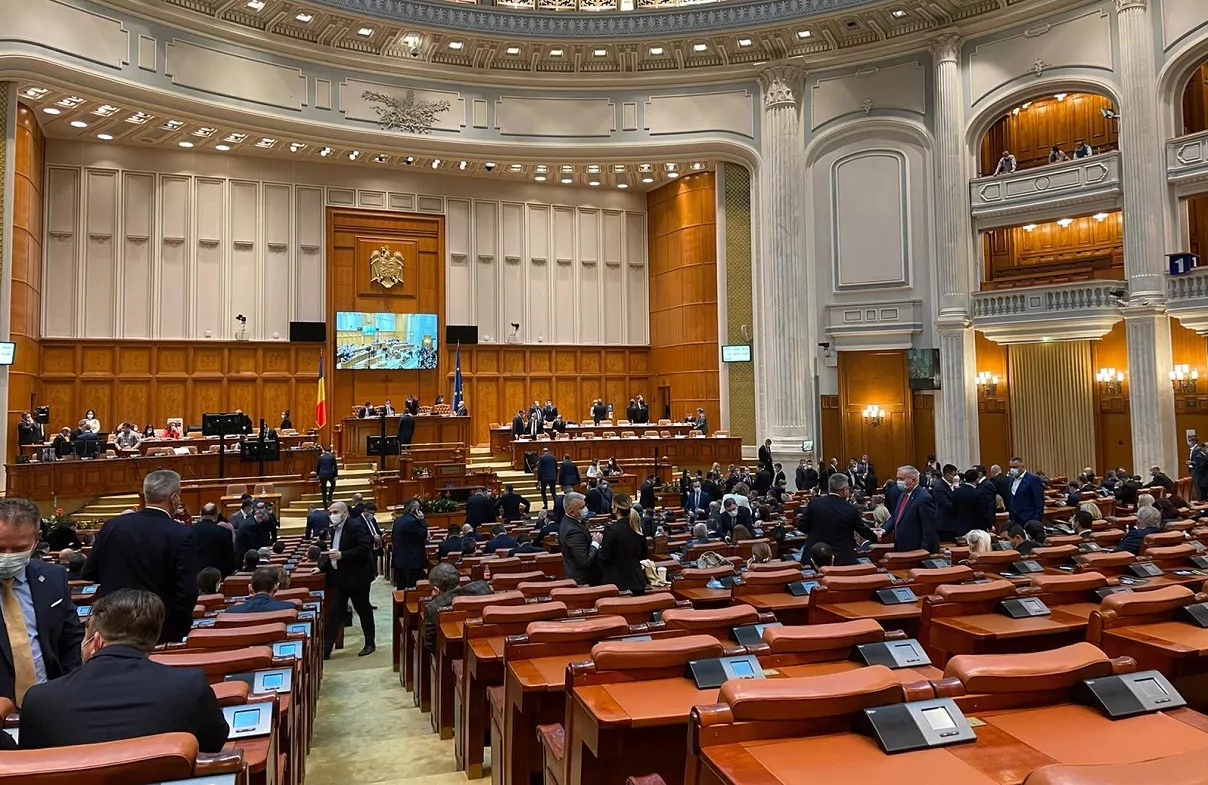The draft law providing for energy price caps and bill compensation was adopted on Wednesday by the Chamber of Deputies, and the measures will apply from 1 November, after promulgation by President Klaus Iohannis.
Urmărește mai jos producțiile video ale Economedia:
- articolul continuă mai jos -
The government estimates that 6 million families in Romania will benefit from these reductions that will appear directly on their bills, without people having to do anything, Digi24.ro reports.
Electricity and gas prices will be capped as follows:
a) the final invoiced price of electricity shall be capped at a maximum of 1 leu/kWh, of which the electricity price component shall be a maximum of 0.525 lei/kWh;
b) the final invoiced price of natural gas shall be capped at a maximum of 0.37 lei/kWh, of which the price component of natural gas shall be a maximum of 0.250 lei/kWh.
In addition to household consumers, the price caps will also apply to new categories of consumers, the MEPs’ specialized committees decided, namely: hospitals (public and private), educational establishments (public and private), nurseries (public and private), NGOs, public and private social service providers and religious establishments.
At the same time, although senators decided to apply a 5% VAT rate to energy and gas supplied to final consumer economic operators, instead of the standard 19% rate, committee members chose to remove this provision.
In addition, only small and medium-sized enterprises will be exempted from paying certain tariffs. For electricity, this means exemption from the payment of the counter-value of regulated tariffs, i.e. the feed-in tariff, the distribution tariff, the system service tariff, the transmission tariff, as well as from the payment of green certificates, the contribution for high-efficiency cogeneration and excise duties. On gas, SMEs will be exempted from paying the transmission charge, distribution tariff and excise duty.
Initially, in the version adopted by the senators, all economic operators were exempt from these charges, but MEPs removed large companies.
Deputies also decided that, for the period from 1 November 2021 to 31 March 2022, the Government will allocate to the budgets of territorial administrative units a subsidy to cover the increase in the price of Gcal in the amount of 50% of the resulting difference between the purchase price of natural gas and the capped price of natural gas of 0.250 lei/kwh.
Fossil fuel-based electricity producers, including cogeneration, will be exempted from the 80% taxation of the additional income earned by electricity producers resulting from the difference between the sale price of electricity and the price of 450 lei/MWh.

 sursa foto: G4Media.ro
sursa foto: G4Media.ro





























